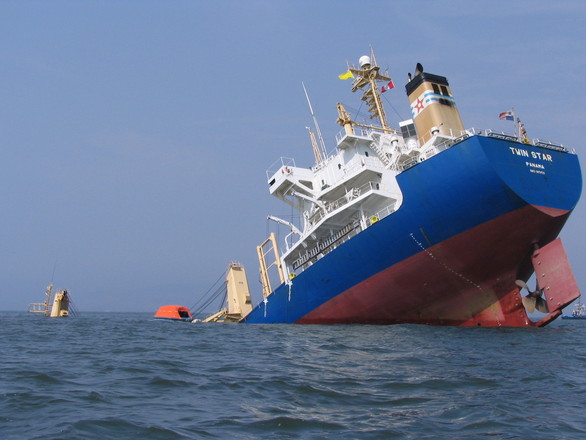
Liquidated Damages – It Could Sink You!
We are regularly contracted to explain liquidated damages. It is a subject we research to make sure we are into the necessary detail. Our latest research has included a decision in 1904 (no it isn’t a misprint) in the United Kingdom House of Lords. The Clydebank Engineering & Shipbuilding Co Ltd were commissioned to build torpedo boat destroyers for the Spanish Government. The contract included a provision of £500 per week, per vessel delivered late. The Lord Chancellor stated “that the Courts must proceed according to what is the real nature of the transaction, and that the mere use of the word ‘penalty’ on the one side or ‘damages’ on the other, would not be conclusive as to the rights of the parties.” The Spanish Government won the case and recovered the damages.
By way of background, at the time there were hostilities between Spain and the USA. If you were Counsel for the shipbuilder you would, of course exercise your mind on a reason(s) why the damages shouldn’t be paid. Part of the Spanish fleet was sunk in the hostilities. Counsel for the ship yard said “if we had kept our contract and delivered these vessels they would have shared the fate of the other vessels belonging to the Spanish Government, and therefore in fact you have got your ships now, whereas if we had kept our contract they would have been at the bottom of the Atlantic.” A beguiling argument would you say? The Lord Chancellor said “I do not think I ever heard an argument of that sort before, and I do not think I shall often hear it again. Nothing could be more absurd than such a contention.”
Those who are interested in the detail should access Clydebank Engineering Co v Castenda (1904) UKHL3 (19 November 1904).

